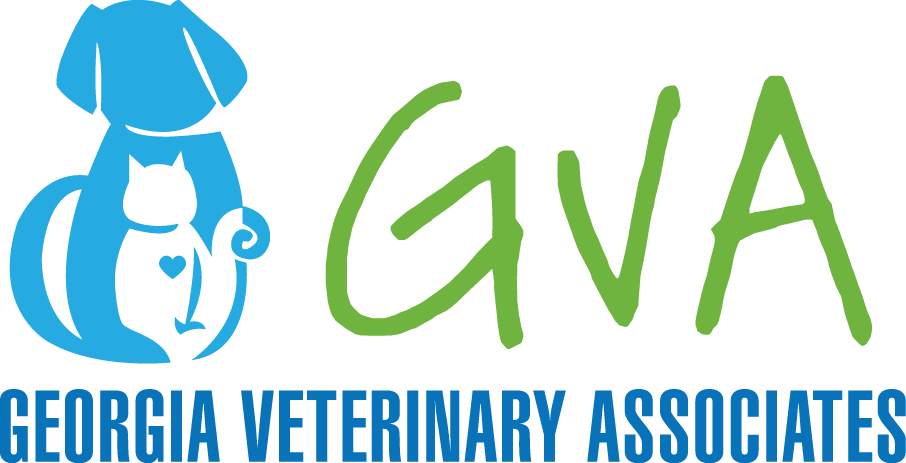First Aid for Your Pet: Knowing What to Do in an Emergency
Pet emergencies can happen at any time during your pet's life, so it's crucial to know common warning signs. If you suspect your pet is in distress, it's best to contact your veterinarian or head to an emergency clinic if you observe any of the following symptoms:
- Painful
- Pale Gums
- Panting/Restlessness
- Excessive Vomiting
- Seizures
- Muscle Tremors
- Severe Coughing
- Collapse
- Lethargy for More Than 24 Hours
- Difficult Breathing
These are many common warning signs, but it is surely not all of them. If you see anything out of the ordinary with your pet, do not hesitate to contact your veterinarian immediately.
Staying Calm and Ensuring Safety
The first step to remember when your pet is having an emergency is to remain calm to help stabilize your pet until you get to the veterinary clinic. Once you are calm enough to communicate clearly, your veterinarian should be able to assist you via a phone call on how to help your pet safely be transported.
When transporting your injured pet, be mindful of where they are injured, as even your own pet can harm you when in pain. If you have a muzzle handy, this can be placed on dogs to prevent dog bites while trying to aid their injuries. If your cat is injured, do not muzzle but try to use an e-collar or towel to prevent a bite.
Providing First Aid for Your Pet
During an emergency, our first instinct is to rush to your pet, but remember to put your safety first. Ensure that it is safe surrounding your pet before trying to help. Once it is clear that you can assist your pet safely, check your pet's heartbeat and breathing. If there is an open wound, you may need to help control bleeding.
Being Prepared for a Pet Emergency
The best way to stay prepared is to create a first aid kit for your pet, kept in an identifiable and waterproof container just as a kit for humans would be. It's ideal to have the following items inside your pet's first aid kit:
- Your main veterinarian's contact information
- Contact information for a nearby emergency clinic
- Pet Poison Hotline (855-289-0358)
- Gauze
- Medical tape
- A ruler
- Tweezers
- Scissors
- A muzzle (for dogs only)
- Triple antibiotic ointment
- Elizabethan collar (a soft cone for painful, aggressive cats)
- Eye wash solution
- Thermometer
- Sterile lubricant
- Rubber/latex gloves
- Towel
- Hydrogen peroxide
It's essential to program your veterinarian's number, a nearby emergency clinic's number, and the pet poison number into your phone for quick access in case of an emergency. Being prepared can make all the difference in ensuring your pet's safety and well-being during an unexpected crisis.
All GVA hospitals are well equipped for emergency cases during their normal business hours. In any emergency situation, it is important to call to ensure the availability for your pet to be seen immediately.
